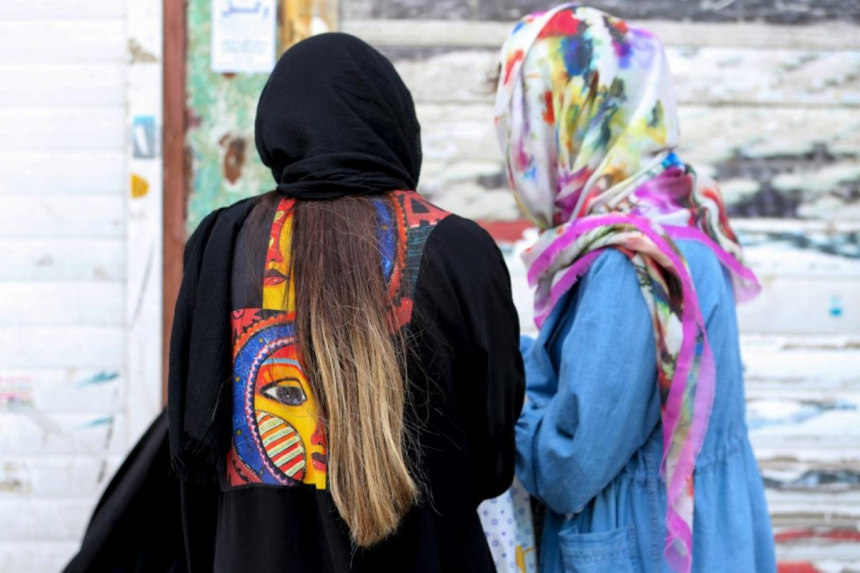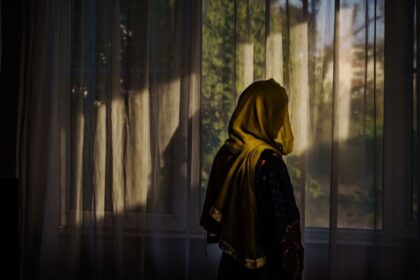RASC News Agency: The economic devastation following the Taliban’s takeover of Afghanistan has led to a sharp rise in poverty and unemployment, disproportionately affecting women. Stripped of their right to work and barred from educational institutions, many women have been left with no means of financial independence. Before the Taliban’s resurgence, Afghanistani women actively participated in the workforce, held jobs, and even had the option to sell their hair for wig production, providing them with a vital source of income. However, with the group’s return to power, economic hardship has deepened, forcing women like 28-year-old Gulsum to resort to selling their hair in secret to make ends meet.
Gulsum, one of the few women still employed in the private sector in Kabul, says, “I need this money to buy essentials for myself or household items.” She reveals that she sells every 100 grams of hair for just over $3 a meager sum compared to her monthly salary of $100. According to her, buyers often seeking raw materials for wig production overseas knock on doors to collect hair from those willing to sell. The gathered hair is then exported primarily to Pakistan and China. Expressing her frustration, Gulsum blames the Taliban for the loss of her job and the worsening plight of women. Since reclaiming power, the Taliban have imposed draconian restrictions on women’s rights, prompting the United Nations to label the situation “gender apartheid.”
Women and girls have been systematically excluded from universities and schools, effectively erasing their prospects for future employment. Additionally, they have been banned from parks, gyms, and even beauty salons, further isolating them from public life. The Taliban’s Ministry for the Propagation of Virtue and Prevention of Vice continues to interfere in daily life, instilling fear and reinforcing oppressive norms. In response to these harsh restrictions, a growing number of women have turned to the clandestine trade of selling their hair, risking discovery in a desperate bid to support their families.






